6 types of investments in the UAE economy

In 2020, the UAE became the world’s 15th-largest recipient of foreign investment, according to the UN Conference on Trade and Development. In order to boost its position further, the UAE has announced several groundbreaking initiatives this year, including 100% foreign ownership of onshore companies, reducing the minimum required amount for an investor visa and the launch of the Invest in Dubai Platform, through which government permits and approvals can be obtained. As a result, now is the time to consider investing in the UAE, and there are a lot of options to choose from, including stocks, bonds, mutual funds, ETFs, REITs and last, but not least, real estate assets. We have reviewed the key features of each one to help you choose the best way to generate profit.
Main Investment Tools in the UAE
The UAE provides investors with many incentives to increase small and medium-sized enterprises (SMEs), start-ups, and opportunities to generate passive income and diversify their asset portfolio, by investing in stocks, bonds, mutual funds and real estate, among other assets, in the UAE. You can read about them in a little more detail below.
Stocks
A stock market is where different companies split their shares and trade them, making them available to the general public. Meaning that when you purchase a stock, you become the owner of a portion of a company. In order to generate income from stock ownership, there are 2 options:
<ol><li><strong>Appreciation in the stock price.</strong> This is the difference between the purchase cost and the selling price of an investment. Let’s say, you acquired 1000 shares of Emirates NBD at AED 2,176 (USD 593) in January 2000. As of December 2021, the price has risen to AED 13,900 (USD 3,780), multiplying your investment by nearly 7 times. When you sell the stock, the earned financial amount becomes a capital gain, which is not taxed in the UAE.</li><li><strong>Dividends</strong> is a share of profits and retained earnings that a company pays out to its shareholders. A value of a dividend is determined on a per-share basis and has to be paid equally to all shareholders of the same class.</li></ol>
There are 3 stock exchange centers in the UAE, NASDAQ Dubai, Dubai Financial Market and Abu Dhabi Securities Exchange. In order to start investing in the stock market, you have to register for a National Investor Number (NIN), which is free of charge.
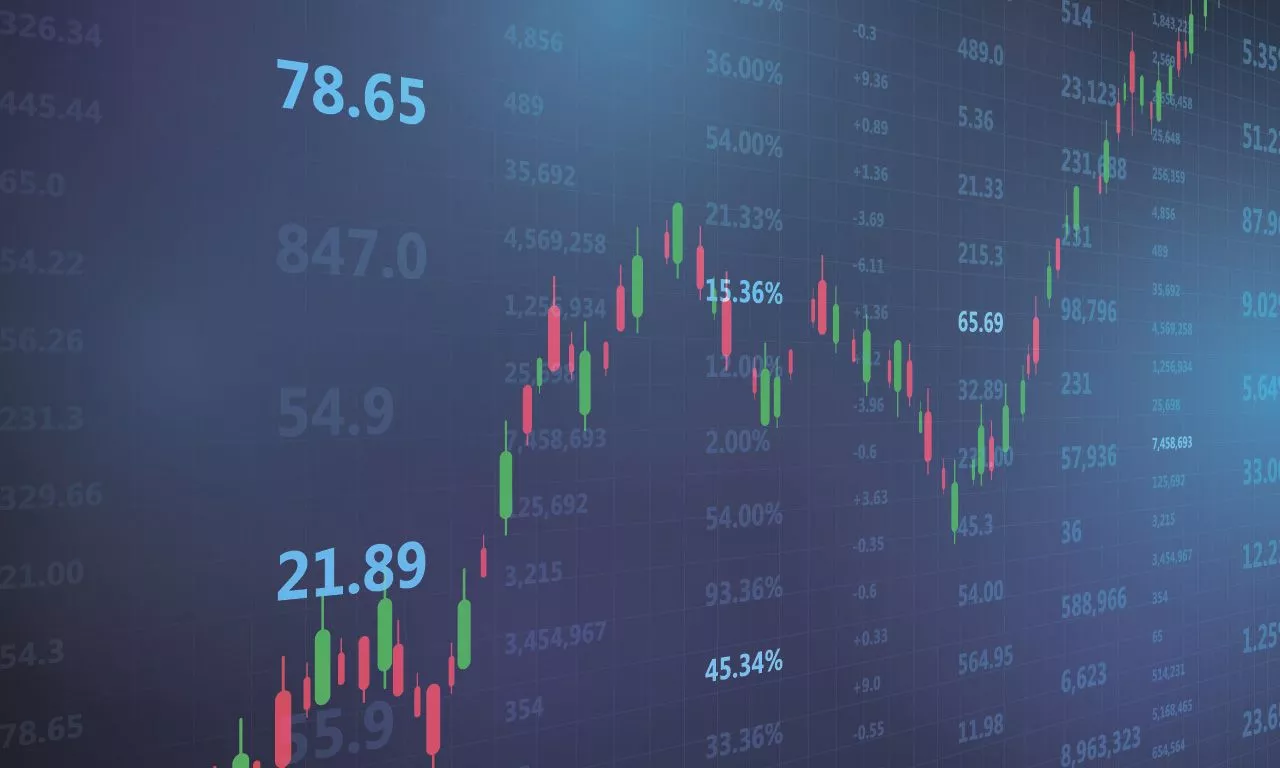
Bonds
Unlike the above-mentioned stocks, which can be sold/bought at any time, a bond is a loan with a fixed term, which is given to a company or a government in exchange for regular interest payments. All bonds repay the principal amount after the maturity date, but there are some bonds that pay the interest along with the principal to the bondholders. The annual interest rate bonds are paid to investors between when the bond is issued and its date of maturity. There are 5 main types of bonds:
<ol><li>A fixed-rate bond has a fixed interest/coupon rate for its entire term.</li><li>A floating-rate bond, in turn, has a variable interest rate, which is reset at each coupon payment date, in accordance with a predetermined interest rate index.</li><li>Convertible bonds enable both the bondholder and/or issuer to convert them into shares in the issuing corporation at a predetermined cost in the future when specific conversion requirements are completed. This type of bond is normally issued by companies and pays lower coupon rates than ordinary bonds of the issuer.</li><li>TIPS (Treasury Inflation-Protected Securities) peg their principal amount to the inflation index, thus a holder is fully protected against inflation. These types of bonds are issued by governments.</li><li>A zero-coupon bond is acquired at a lower cost than its face value, which is reaped at the time of maturity. It is called a zero-coupon since it does not make periodic interest or coupon payments.</li></ol>
In the UAE, there is the National Bonds organization, which is totally owned by the Government of Dubai, ICD (Investment Corporation of Dubai). UAE residents as well as non-residents, with a minimum age requirement of 21 years old, are eligible to purchase national bonds. The UAE also issued multi-tranche sovereign bonds for the first time as a federation in an attempt to attract fresh funding, amidst low global interest rates, in October 2021. According to the UAEs Ministry of Finance, the newly launched bond package denominated in USD includes conventional medium and long-term 10 and 20-year tranches, besides 40-year dual-listed Formosa bonds.
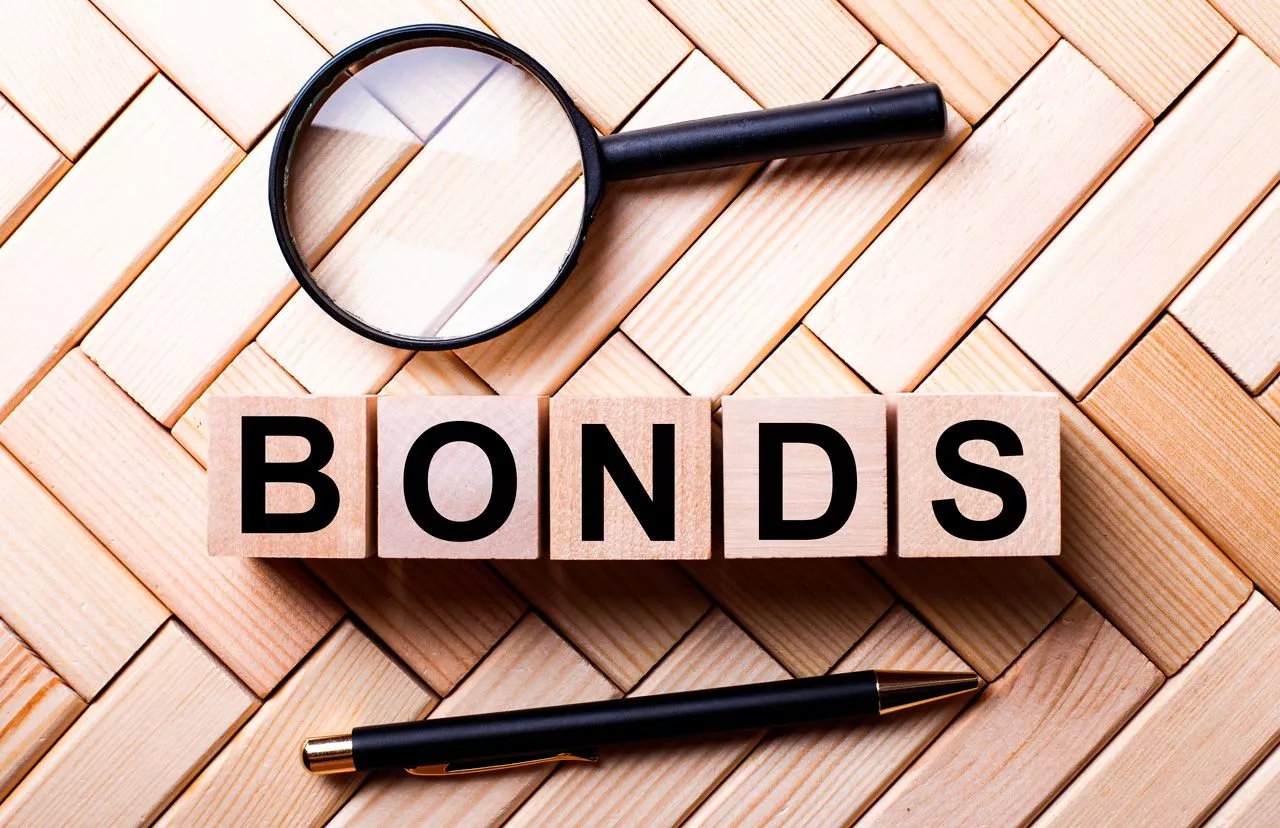
Mutual Funds
A mutual fund is a pool of money from a number of investors who share the same common investment goal. This collective amount is then invested in bonds, stocks, gold, real estate and other assets by financial or fund managers. It is worth noting that mutual fund investors do not directly own the stock that the trust purchases, however, they share the same profits and losses of the total holdings of the fund. There are 2 types of mutual funds, which are popular with investors:
<ul><li>Index funds consist of stocks and bonds which are listed on a specific index, thus the risk aims to reflect that index, as do the yields.</li><li>Exchange-traded funds can be traded like individual stocks, with diversification benefits of mutual funds.</li></ul>
Moreover, there are open-ended mutual funds, which you can acquire or sell throughout the year, and close-ended mutual funds, which can be sold only at specific maturity dates. Mutual funds generate money in 3 ways:
<ol><li><strong>Net asset value.</strong> After the closing of the market, mutual fund share purchases are final. The price per mutual fund share is known as its net asset value (NAV). As the price of the fund increases, so does the value of the purchase shares.</li><li><strong>Capital gains.</strong> When a fund sells a security that has increased in price, this is a capital gain. If there is a decrease in price, it is a capital loss. The majority of funds distribute any net capital gains to its investors annually.</li><li><strong>Dividend payments.</strong> When a fund obtains dividends or interest from the assets in its portfolio, it distributes an equal amount of that income to every investor. When buying shares in a mutual fund, you can either receive your distributions directly or reinvest them in the fund.</li></ol>
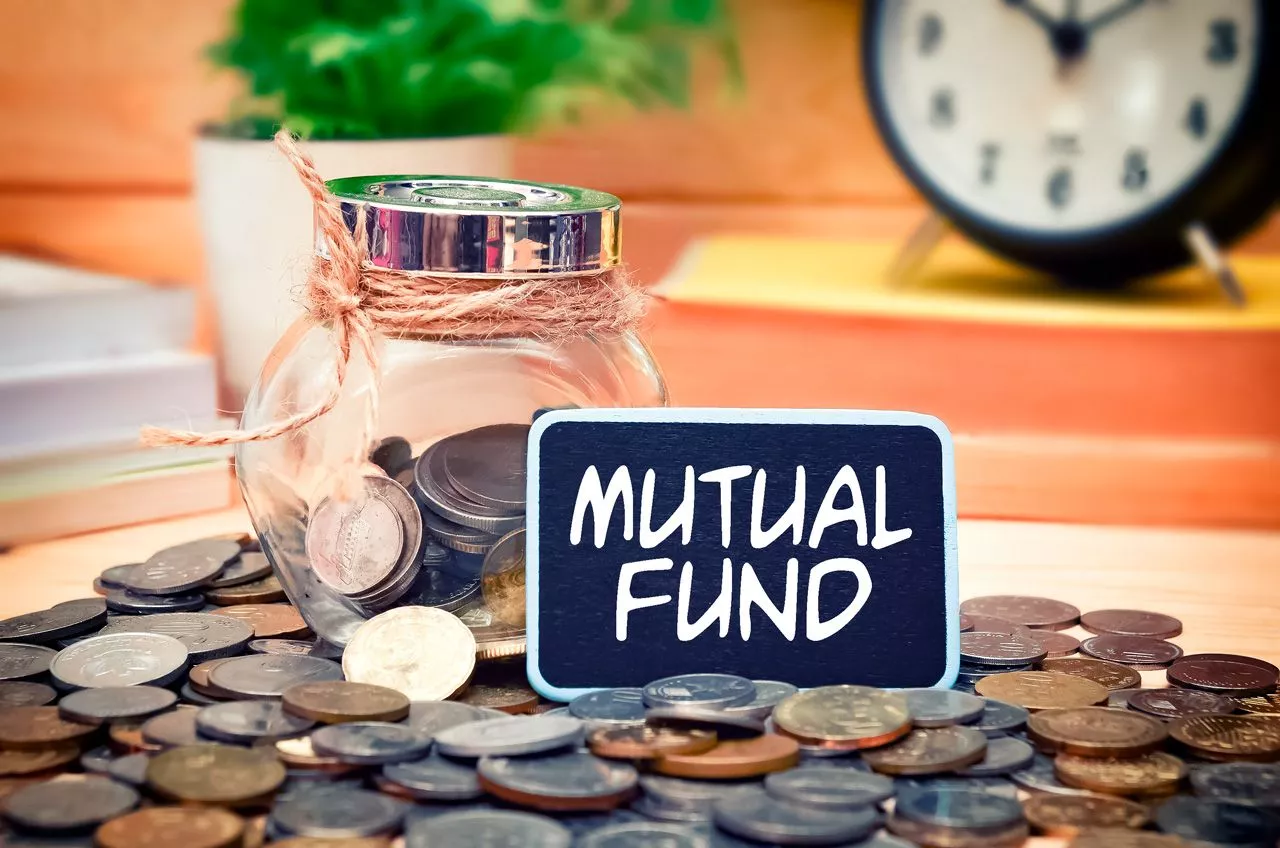
ETFs
An ETF (exchange-traded fund) is a collection of securities, shares of which are sold on an exchange. It is very similar to stocks, as its shares are also traded throughout the day at varying prices that are based on supply and demand. In the case of the above-mentioned mutual fund shares, there is partial ownership of a portfolio assembled by professional managers. ETFs are very beneficial since there is no minimum investment amount, they have low annual expenses and they can be sold short and bought on margin.
REITs
REITs (Real Estate Investment Trusts) are a vehicle to invest in real estate, in particular, various commercial units, such as malls, offices, serviced apartments or hotels. These assets are generally publicly traded like stocks, however, unlike physical real estate, they are highly liquid. It is a perfect opportunity to enter a big-ticket property market with a minimum investment. As well as that, an investor can shorten their position or exit at any time they prefer, since shares are being traded on the stock market. In the UAE, the law enforces REITs to distribute a minimum of 80% of its net profit to investors annually. It is worth mentioning that due to the sharp volatility of real estate in the GCC region, currently the local REITs are under pressure, thus, even though this option is highly attractive in terms of income and returns, it is advised to do proper research regarding the market climate.
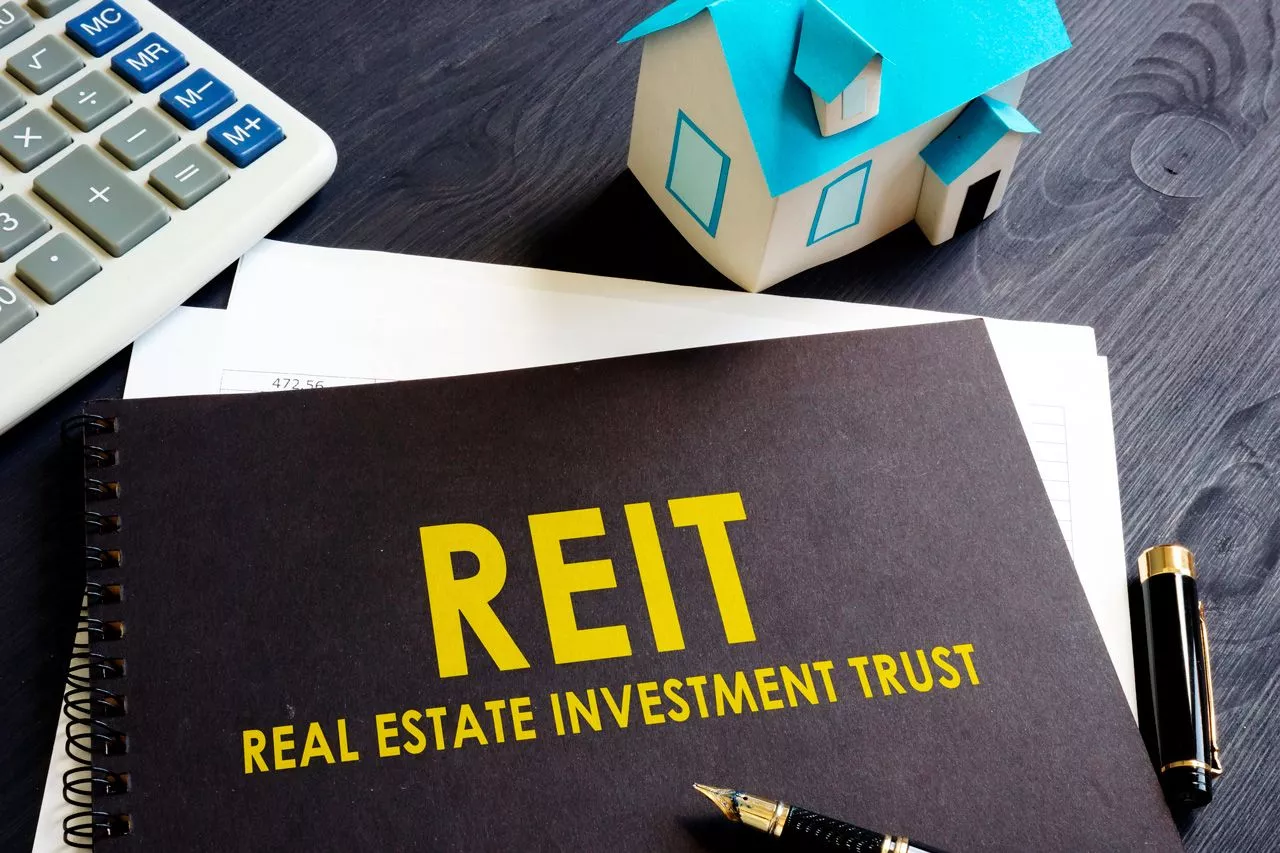
Real Estate Investment
The UAE real estate market has become the leading overseas investment destination over the years due to its stability, flexibility and affordability. In fact, its price-per-square-foot is significantly lower in comparison with other international destinations, including Japan, Canada, Singapore and Hong Kong as reported by the Global Property Guide. Moreover, when buying a property in the UAE you can benefit from a mortgage, with banks covering 80% of the property priced under AED 5M (USD 1.3M) and 70% when a property’s cost exceeds this amount. When it comes to off-plan real estate, developers offer attractive payment plans by dividing the full value into smaller amounts which are to be paid during the construction and the rest upon completion or even during several years after handover. You can also automatically become a full-fledged property owner after paying a down payment of only 5-15%. Purchasing a property for a subsequent lease is one of the most convenient ways to generate a decent income since the UAE offers ROI’s ranging from 5-9%. Of course, this option requires a significant amount of time to find tenants, follow-up with the maintenance of a unit, move-in and out inspections and other obligations. In this case, it is recommended to use a property management service, as specialists will take care of the entire process, from finding tenants, drawing up contracts, to collecting rents on behalf of the property owner. Not forgetting residence-by-investment programmes, such as the Taskeen Programme by the DLD. With its help, you can become a UAE resident when investing into a ready property at a starting cost of AED 750K (USD 204K) in Dubai. The visa in this case is valid for 3 years and enables you to benefit from family ownership. Not only can you relocate freely to the UAE, but you can also bring your children and spouse. If you are planning to buy property in the UAE, we recommend you to read our step-by-step guide to buying property in Dubai for ready-made and off-plan projects.
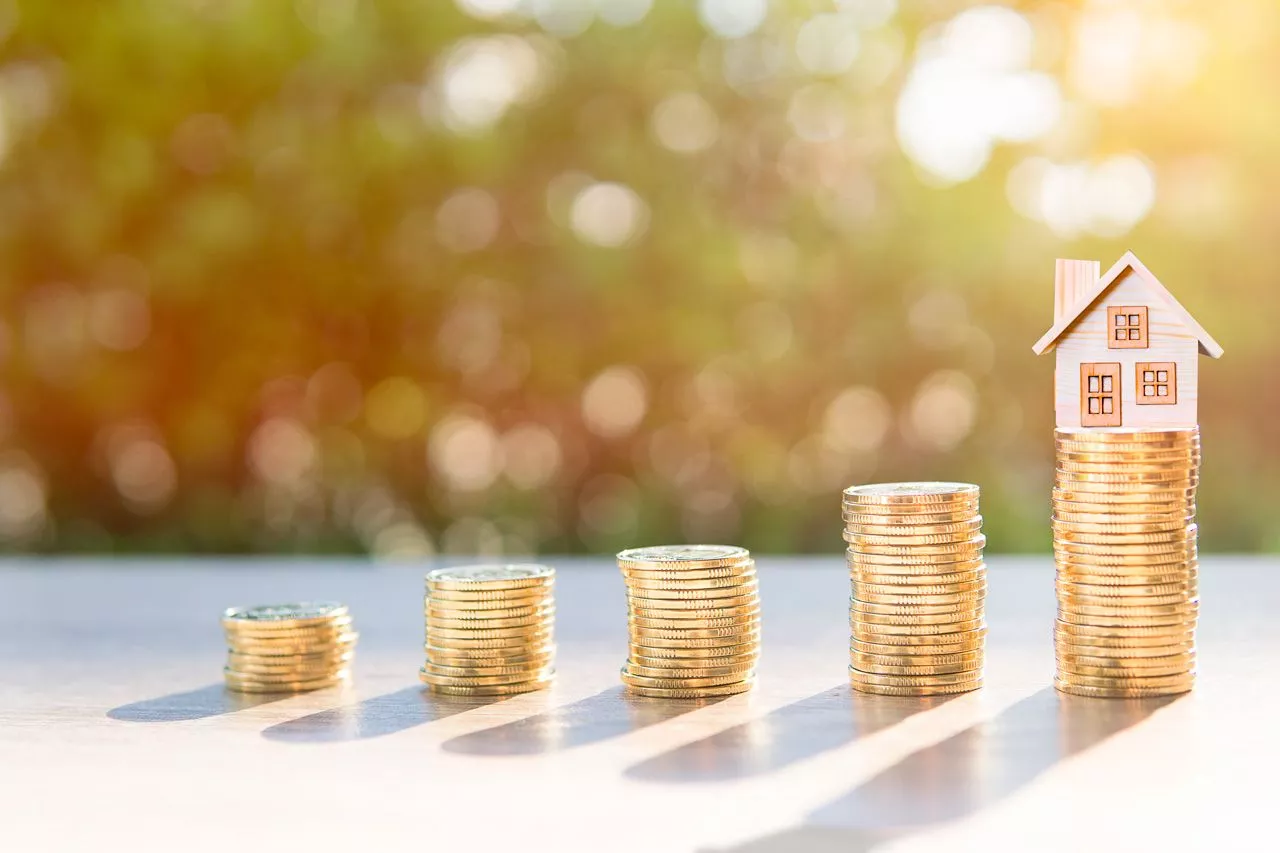
How can We Help?
Metropolitan Group is one of the leaders in the UAE real estate market, operating in Dubai, Abu Dhabi and Sharjah. We, at Metropolitan Premium Properties, pride ourselves on being highly qualified and are ready to assist you with mortgages, purchases and resales of any type of property. We provide consulting services and can assist you in leasing your property or finding properties to live in and invest in Dubai. Our company has been repeatedly awarded multiple accolades by leading real estate developers in Dubai, including awards from EMAAR, and is well-versed in all aspects of real estate sales and buying properties in the UAE. All of our agents are RERA licensed and are available to help you choose the most suitable property, paying the utmost attention to detail and ensuring a personalized approach to every client.


